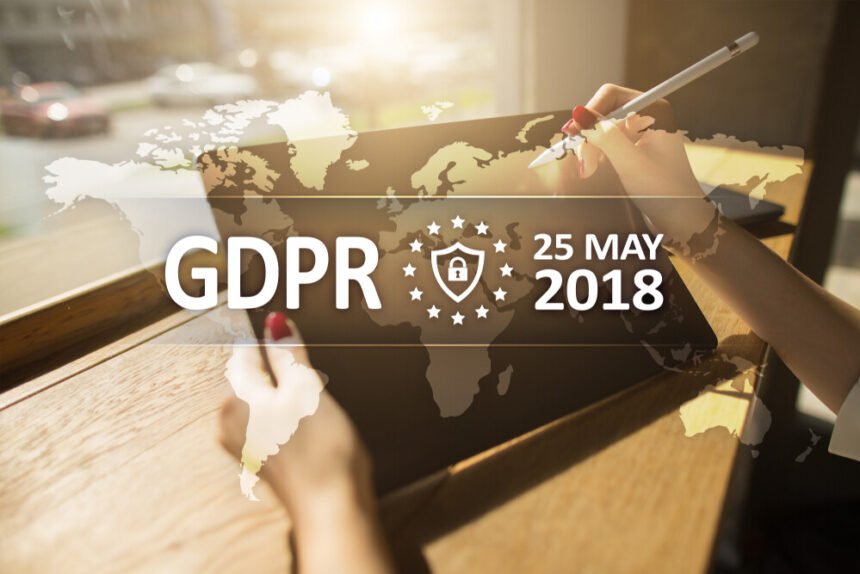The Global Data Protective Requirements (GDPR) went into effect this month. The new data privacy and consent guidelines have introduced a number of changes on many fronts. Regulatory and security changes have received a lot of discussion recently. However, the implications for human resources are equally significant.
Human resources professionals must familiarize themselves with the new standards under the GDPR. Here are some of their new standards that HR professionals must be prepared to comply with.
Applicants must be given access to data at their request
Data secrecy has taken a serious blow under the new data protection guidelines. All customers are afforded the opportunity to review any personally identifiable data that brands collect.
According to an article by Bernard Marr, a keynote speaker that has talked extensively about the interaction between connected car services and big data, this provision applies to human resources professionals as much as any other sector of an organization. They must make sure all applicants data is easily accessible, so it may be forwarded to any applicant at their request.
HR staff may need to depend on blockchain solutions to verify the identity of jobseekers
Human resources professionals may face an interesting dilemma under the GDPR. They are legally required to share anybody’s data if that individual requests it. However, they may not share that individual’s data with anybody else.
This can create a serious problem if anybody impersonates another customer and demands data under the new GDPR transparency guidelines. HR professionals will need to implement appropriate safeguards to verify the identities of any individual in the European Union before complying with this request. Of course, since data must be provided in a timely fashion, they cannot rely on traditional authentication methods.
This is where blockchain may play disruptive role in human resources sectors of the European Union. They may develop new algorithms that will be able to immediately verify the identity of any job applicant requesting access to their data before responding to their request.
Bolstering security will be a top HR concern
After a number of data breaches that arose over the past four years, organizations have been under tremendous pressure to protect customer information. They have been oddly more lackadaisical about protecting data on prospective employees, which is perplexing since the data that they store on job applicants is much more sensitive.
The new data protection requirements stipulate that much higher levels of security are needed. This will apply to HR professionals to at least the same degree as marketing department sent other divisions within the organization. They may need to be held to even higher standard, since they have records of citizen tax information and other data that could make them rest for identity theft.
Develop HR guidelines around data minimization
Data minimization is the practice of storing the smallest amount of data necessary for the shortest possible period of time. Data minimization guidelines are subjective. However, strong case can be made that data on jobseekers should be stored for a much more limited duration then data on customers. Customer data could be needed for the lifetime of the business relationship, since prince depend on it to deliver higher quality service.
It isn’t necessary to store data on job applicants for nearly as long, since they usually rescind their application immediately after a position is filled. You may have a standing agreement with you can store their data for a longer period of time in case it better fitting position opens up. In these circumstances, you need to choose a data retention timeline that is reasonable and one that the average job seeker will agree to. You must also communicate it to applicants at the beginning of the hiring process and give them the option of opting out of it.










